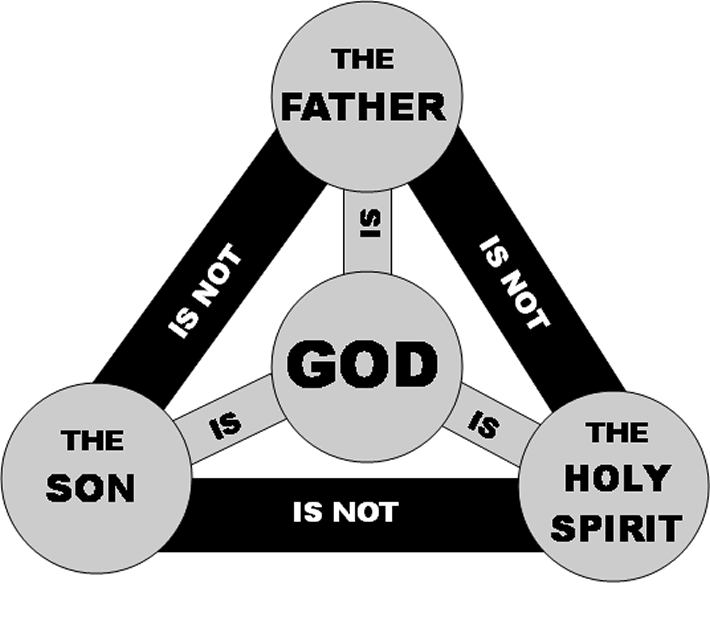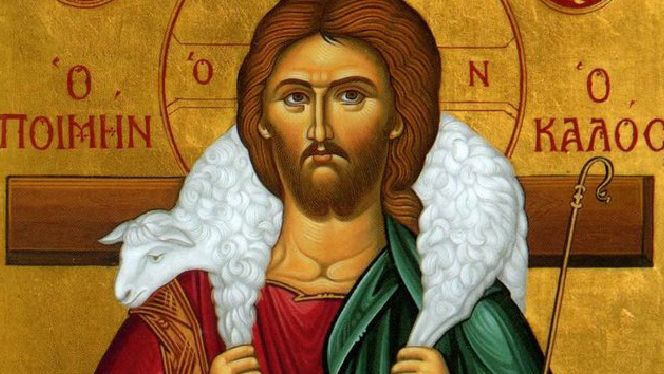1 Peter 5:12-14 "Through Silvanus, our faithful brother (for so I regard him), I have written to you briefly, exhorting and testifying that this is the true grace of God. Stand firm in it! 13 She who is in Babylon, chosen together with you, sends you greetings, and so does my son, Mark. 14 Greet one another with a kiss of love. Peace be to you all who are in Christ."
Introduction: Meet A Great Godly Church
The Apostle Peter wrote two epistles that are placed near the end of the collection of 27 books we call the New Testament. Peter's purpose in writing his short letter was to exhort his readers to "stand firm in the grace of God" (see 1 Peter 5:12). In the final chapter of his letter, we find the blueprints for a great, godly church. In today's post I want to briefly look at what it takes to be a great, godly church. What follows is not exhaustive, but instead summarizes the overall message we find in 1 Peter 5:1-14. What traits or qualities distinguish such a church?
1. Devoted Pastors. 1 Peter 5:1-4
1 Peter 5:1-2 states - "Therefore, I exhort the elders among you, as your fellow elder and witness of the sufferings of Christ, and a partaker also of the glory that is to be revealed, 2 shepherd the flock of God among you, exercising oversight not under compulsion, but voluntarily, according to the will of God; and not for sordid gain, but with eagerness."
A church that is favored by God will be a church that loves to feed on the word of God. Peter's commands to pastors is to "shepherd" or "feed the flock" the word of God. This is apropos for Peter, since Jesus, in John 21, had re-commissioned Peter to "feed His sheep" some thirty years prior to Peter's composition of 1 Peter. Shepherding a church and leadership go hand-in-hand. Such pastors will exercise leadership in four ways:
a. Lead by God's will. 1 Peter 5:1-2a.
b. Lead with God's passion. 1 Peter 5:2b
c. Lead with God's integrity. 1 Peter 5:3
d. Lead for God's approval. 1 Peter 5:4
As noted already, these words from Peter's pen echo what he heard from Jesus' lips some 30 years prior as recorded in John 21:16 "He said to him again a second time, “Simon, son of John, do you love Me?” He said to Him, “Yes, Lord; You know that I love You.” He said to him, “Shepherd My sheep.”
Paul too gives similar instruction to the Ephesian elders to feed the flock as devoted pastors in Acts 20:28. Why? Devoted pastoral ministry is included in God's design for the church to sanctify the church by the Word (John 17:17; Ephesians 5:26); encourage the church (Hebrews 4:12); enlighten the church by Spirit-empowered preaching and teaching (1 Corinthians 2:10-13) and mature the flock as the Spirit sees fit (Ephesians 4:11-12; 1 Peter 2:1-2). No man can do any of these things apart from the Holy Spirit's empowerment and the call of God.
Christians who regularly feed on the Word of God will grow in maturity - knowing good from evil. God's hand of grace will be on a church that feeds from the scriptures preached and taught by God-called men. But notice a second trait of a church that is a great and godly church...
2. Dependence upon God. 1 Peter 5:5-10
Peter writes in 1 Peter 5:5-7 "You younger men, likewise, be subject to your elders; and all of you, clothe yourselves with humility toward one another, for God is opposed to the proud, but gives grace to the humble. 6 Therefore humble yourselves under the mighty hand of God, that He may exalt you at the proper time, 7 casting all your anxiety on Him, because He cares for you."
Next to love, humility is the number one trait that demonstrates Christ-likeness (see Philippians 2:1-5). In the realm of our attitudes and actions, humility is the most royal of virtues as it serves others. Passages such as Philippians 2:1-5 urge us to have this same mindset as was found in Christ Jesus - humility. When I yield myself over to another for the sake of relationship - I am demonstrating the communicable attribute of humility that is germane to God's own nature. A church body that serves others and has within it service to one another is a church that will abound in God's supernatural grace and power.
To summarize Peter's point on the necessity of dependence on God, we can note the following:
a. Waiting on God. 1 Peter 5:5-6
b. Trusting God. 1 Peter 5:7-8; Proverbs 3:5-6; Matthew 6:34
c. Persevering in God. 1 Peter 5:9-10; Jude 1:3; James 1:3-4.
So a church that is a great and Godly church will have devoted pastors and dependence upon Him. But notice thirdly...
3. Determination to Follow the Lord. 1 Peter 5:9-14
1 Peter 5:9-10 states - "But resist him, firm in your faith, knowing that the same experiences of suffering are being accomplished by your brethren who are in the world. 10 After you have suffered for a little while, the God of all grace, who called you to His eternal glory in Christ, will Himself perfect, confirm, strengthen and establish you."
In 1 Peter 5:9 the NASB renders the opening phrase as "stand firm in your faith". Though the pronoun "your" could very well be implied in the passage, other English translations handle this passage better in bringing out the emphasis of "The Faith". This reference to faith has to do with the objective Christian faith, the "capital 'F'" faith within which my "small 'f'" personal faith in Christ resides. The HCSB renders this passage as: "Resist him and be firm in the faith...", with the KJV and NKJV following suit.
The emphasis on "The Faith" reminds us of Jude 1:3 "Beloved, while I was making every effort to write you about our common salvation, I felt the necessity to write to you appealing that you contend earnestly for the faith which was once for all handed down to the saints."
The Christian's personal faith rests in the gifting of faith granted by God in His grace and persists. To summarize Peter's point here, we can note three realizations to keep in mind when exercising determination to follow God as a great, Godly church...
a. Realize, you're not alone. 1 Peter 5:9
b. Realize, you've got a Heavenly home. 1 Peter 5:10-11
c. Realize, you have His favor (i.e. grace) 1 Peter 5:12-14
Closing thoughts:
This brings us to the close of Peter's letter and the chief point for which he wrote it. The whole theme of Peter's first epistle is that of "standing firm in the grace of God." Certainly in the final few verses of Peter's letter we see God's grace weave its way throughout the verses. As Peter closes out this epistle, he urges the churches to which he writes to be great, Godly churches in the following ways...
1. Have devoted pastors. 1 Peter 5:1-4
2. Depend upon God. 1 Peter 5:5-10
3. Determine to follow the Lord. 1 Peter 5:11-14
1. Have devoted pastors. 1 Peter 5:1-4
2. Depend upon God. 1 Peter 5:5-10
3. Determine to follow the Lord. 1 Peter 5:11-14








